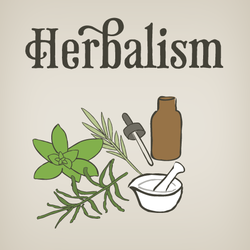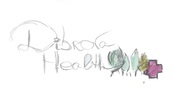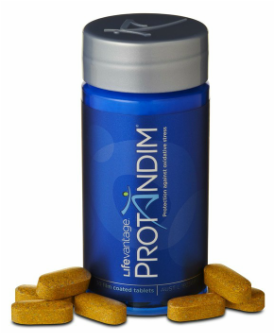
An herbalist is a person who collects, studies, and uses plants – generally in a medicinal manner.
Herbalism, also known as Phytotherapy, is the use of plants to treat common ailments and promote wellness. It is the oldest form of medicinal healing known to man. Although it is classified as an alternative therapy, it is the most widely practiced form of medicine used worldwide, with over 80% of the world’s population relying on herbs for health. Currently over 50% of all new pharmaceutical prescriptions contain at least one ingredient either produced directly from plants or discovered from plant sources and later synthesized. Modern medicine draws it origins from early herbal therapies. Until the advent of synthetic medicine within the past 50 – 100 years, all medical doctors prescribed herbs routinely.
Herbal medicine uses plants that do not have the aggressive and invasive action of modern drugs, but instead support the body’s own natural tendency to heal itself. Herbal products are derived from roots, stems, flowers or leaves of plants and are frequently sold in liquid extracts, capsules, tablets or teas. Herbalists prefer to use remedies extracted from a part of the whole plant, with all its bio-chemical constituents, rather than individual standardized extracts. It is believed that the active constituents are naturally balanced within the plant, and consequently aid in working on the body, mind and spirit in a less invasive manner.
From a holistic standpoint, a person is not a patient with a disease syndrome but a whole being. This wholeness necessitates the therapist appreciates the mental, emotional, spiritual, social and environmental aspects of their patients lives, as well as the physical.
The importance of tailoring the treatment to meet the individual’s needs is fundamental. Holistic medicine sees health as a positive state of well being, and not simply the absence of disease. It emphasizes the promotion of health and the prevention of disease. Therapeutic modalities are then employed that mobilize the individual’s innate capacity for self healing. An individual’s role in their own healing process is emphasized, with much responsibility being handed back to them. Herbalism abounds with opportunities to experience the reality of the healing presence of nature whether in treating disease or in hugging a tree.
Herbalism Is An Art And A Science
With our well established roots of past empirical knowledge we know look to the future, with the aid of qualified herbalists and advancements in science that are able to better identify plants and their constituents, ensuring that mankind will continue to benefit from the immense contributions that plants have to offer.
Canadian Herbalist’s Association of BC
Herbalism, also known as Phytotherapy, is the use of plants to treat common ailments and promote wellness. It is the oldest form of medicinal healing known to man. Although it is classified as an alternative therapy, it is the most widely practiced form of medicine used worldwide, with over 80% of the world’s population relying on herbs for health. Currently over 50% of all new pharmaceutical prescriptions contain at least one ingredient either produced directly from plants or discovered from plant sources and later synthesized. Modern medicine draws it origins from early herbal therapies. Until the advent of synthetic medicine within the past 50 – 100 years, all medical doctors prescribed herbs routinely.
Herbal medicine uses plants that do not have the aggressive and invasive action of modern drugs, but instead support the body’s own natural tendency to heal itself. Herbal products are derived from roots, stems, flowers or leaves of plants and are frequently sold in liquid extracts, capsules, tablets or teas. Herbalists prefer to use remedies extracted from a part of the whole plant, with all its bio-chemical constituents, rather than individual standardized extracts. It is believed that the active constituents are naturally balanced within the plant, and consequently aid in working on the body, mind and spirit in a less invasive manner.
From a holistic standpoint, a person is not a patient with a disease syndrome but a whole being. This wholeness necessitates the therapist appreciates the mental, emotional, spiritual, social and environmental aspects of their patients lives, as well as the physical.
The importance of tailoring the treatment to meet the individual’s needs is fundamental. Holistic medicine sees health as a positive state of well being, and not simply the absence of disease. It emphasizes the promotion of health and the prevention of disease. Therapeutic modalities are then employed that mobilize the individual’s innate capacity for self healing. An individual’s role in their own healing process is emphasized, with much responsibility being handed back to them. Herbalism abounds with opportunities to experience the reality of the healing presence of nature whether in treating disease or in hugging a tree.
Herbalism Is An Art And A Science
With our well established roots of past empirical knowledge we know look to the future, with the aid of qualified herbalists and advancements in science that are able to better identify plants and their constituents, ensuring that mankind will continue to benefit from the immense contributions that plants have to offer.
Canadian Herbalist’s Association of BC



